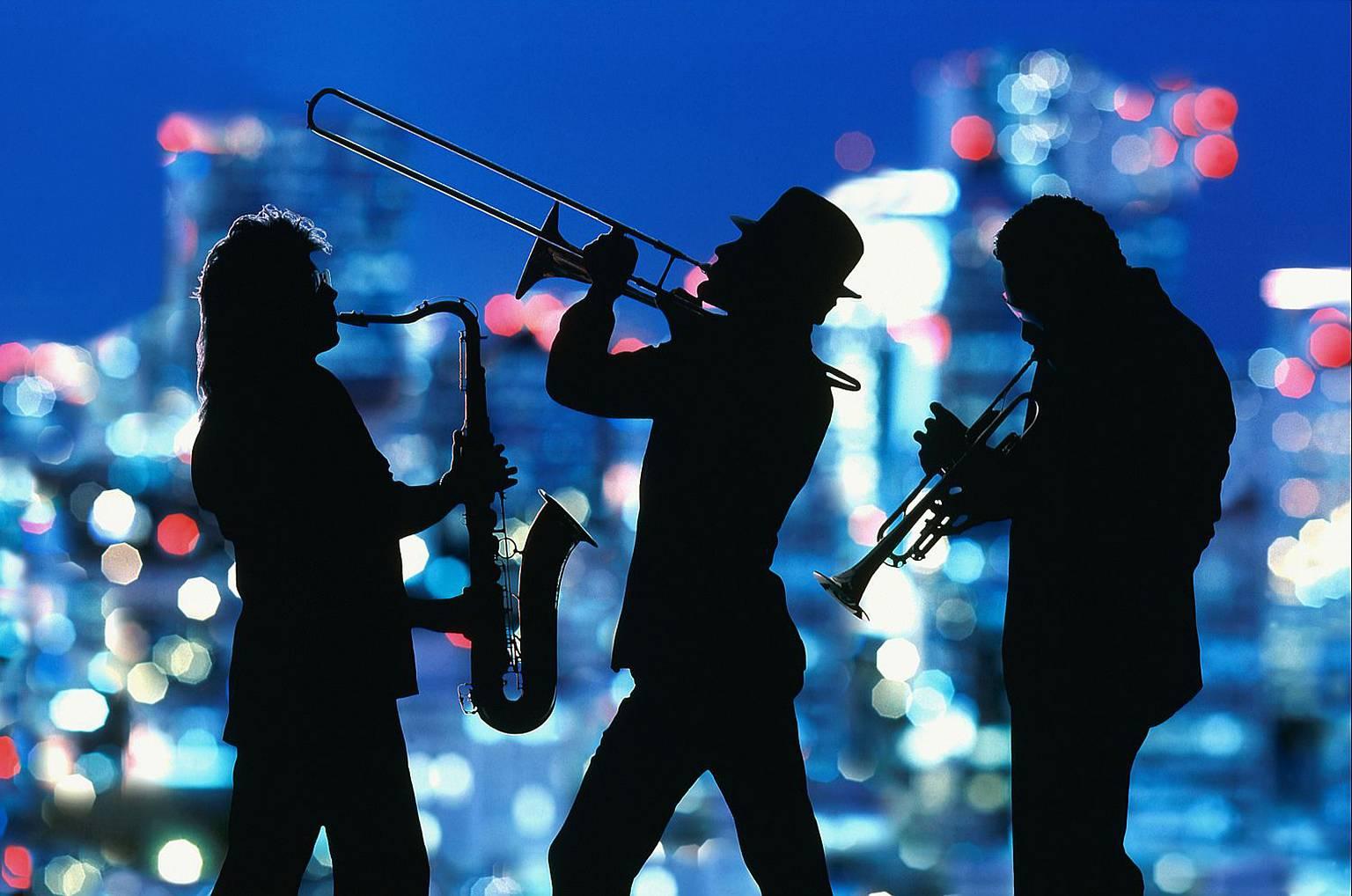jazz FLAC , a deeply intricate and evocative genre, has a rich history spanning over a century. Derived from the African-American communities in New Orleans during the late 19th and early 20th centuries, jazz music’s textured harmonies, complex rhythms, and soulful improvisations have captivated millions globally. It is a dynamic genre that continuously evolves, infusing elements from various music traditions to create new and engaging soundscapes.
The roots of jazz are intertwined with essential socio-political events making it an important part of American culture and art. The advent of Jazz was a form of revolution in musical history. Musicians like Louis Armstrong, Duke Ellington, and Ella Fitzgerald were pioneers, introducing changes that mirrored societal shifts. These chart-topping artists brought not just unique music, but also a change in culture, breaking racial barriers and encouraging social integration.

At its core, jazz is about freedom and expression. Improvisation remains a fundamental element of the genre, allowing musicians a wide-ranging artistic liberty to express their thoughts and emotions. The technique often involves musicians playing off each other’s performances, creating on-the-spot compositions known as jams. An iconic feature of jazz, this improvised play showcases the genre’s fluidity and spontaneity, adding to its captivating allure.
Jazz’s influence reverberates far beyond its own genre. It has significantly shaped several other musical styles, including rhythm and blues, rock and roll, and hip-hop. Contemporary artists like Kamasi Washington and Thundercat continue to keep jazz relevant today, infusing it into genres like hip-hop and electronic music. These innovators demonstrate how jazz’s inherent adaptability continues to influence contemporary music landscapes.
The sheer diversity within jazz, from traditional stylings like bebop and swing to more contemporary strains like fusion and smooth jazz, highlights its expansive scope. Each sub-genre injects a fresh perspective into jazz, making it a constantly evolving art form. It is music that connects cultures, crosses boundaries, and delivers an emotional resonance that transcends language.
Jazz music is not just an array of delightful melodies and rhythms; it’s a vibrant narrative that chronicles the human experience. It sings tales of joy, sorrow, struggle, and love, making it an all-embracing artistic expression. As we celebrate its immense contribution to music, we also acknowledge its significance as a unifying force binding us through shared harmony and rhythm. It truly reinforces that music, like humanity, thrives in diversity and connection.
